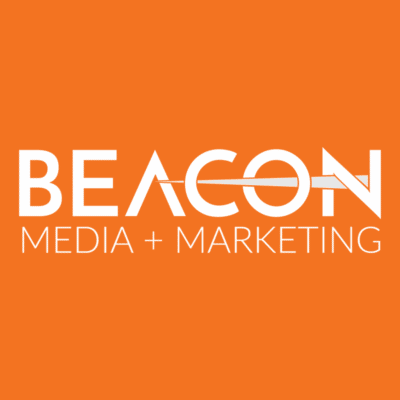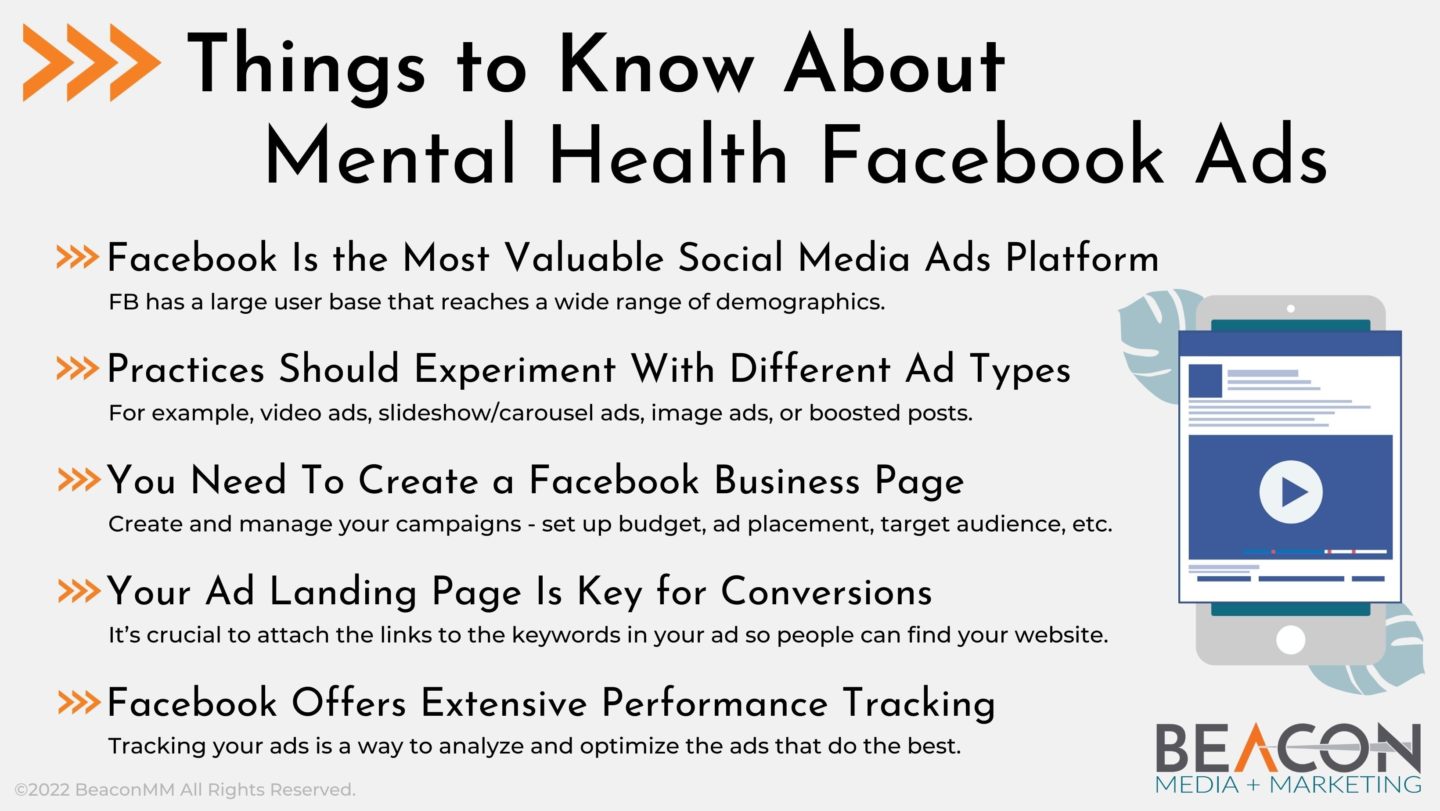Originally published by Beacon Media + Marketing. Updated and revised by Jennifer Gracey, Web Content Strategist & Writer on 06/23/23
When marketing your mental health practice, creating a cohesive marketing strategy is a multifaceted undertaking. And, depending on what a brand’s goals are, some areas get focused on more than others.
For mental health focused brands whose primary marketing goal is get new clients or expand the practice, pay-per-click (PPC) advertising is often the quickest and most effective way to see serious growth.
Perhaps the two best known PPC advertising outlets are Google and Facebook. As one may anticipate, Google is all about paid search advertisements, while Facebook is all things paid social. In this article, we’re shining our spotlight on Facebook Ads.
Facebook Ads Gets Results
At Beacon Media + Marketing, by strategically utilizing Facebook Ads marketing, we’ve achieved remarkable results for our mental health clients. Two such cases in point:
- Alli, a brand new business offering a unique service in the mental health industry, received more than 40,000 impressions in the first month after launch.
- The Center for Grief and Trauma had to grow its team and relocate to a larger office location after starting with us for Facebook advertising.
Take Advantage of the Free Ad Manager Tool
One of the best things about digital marketing is the numerous tools available to help businesses reach their target audience and convert clients. Using Facebook to run paid ads campaigns is one of the tools you can use to your benefit.
Healthcare Advertising Is Regulated
However, running cost-effective Facebook ads has its challenges — especially if your brand and marketing know-how falls short. Creating compelling, well-targeted ads to reach the specific audience you have in mind takes some finesse. And Facebook doesn’t make it a walk in the park with their policies and restrictions concerning mental health advertising.
Regulations aside, taking advantage of platforms whose online ecosystems come with built-in audiences — like Facebook — is crucial for client conversion and having a winning marketing strategy.
Paid Advertising Is Best Partnered With Other Marketing Services
While using a therapist directory listing or leaning into referrals for new clients is worthwhile, paid advertising will return the best bang for your buck. To take things a step further, when strategically pairing paid advertising with other marketing services, such as organic social posts or blogging, the benefits will be tangible.
The five items below offer additional insight on running mental health Facebook ads that effectively convert clients.
Are you interested in the work Beacon Media + Marketing has done for clients in the mental health industry? Learn more about how we can help you!
1. Facebook Is the Most Valuable Social Media Ads Platform
A bold statement to be certain, Facebook is consistently proven a top platform when running advertising campaigns for mental health businesses. Because its user base reaches such a wide range of demographics, other platforms have a hard time keeping up. And, since Facebook and Instagram are integrated, we’re getting a two platform’s for one deal.
Facebook Has The Numbers
Over 2.9 billion people use Facebook worldwide, making the potential reach of your mental health practice wider than almost any other platform. If you’re strategizing how to best reach people within your locality, there’s a good chance those looking for mental health services are active Facebook users.
Using Facebook to reach new clients is a great idea because of the large potential reach. Facebook allows you to gain brand awareness through PPC as well as organic — it’s the perfect two pronged approach.
The Two Pronged Approach: Paid, Meet Organic
Imagine this scenario: It’s Friday evening. Suzzi’s relaxing on the sofa and catching up on her Facebook Feed. A video catches her eye so, she stops scrolling to watch. The new ad for your mental health clinic pops up midway through the video.
As she watches your 10 second ad, she’s reminded of a promise she made to herself awhile back, “Find a therapist and work through some unresolved childhood attachment issues.” After some hesitation, Suzzi mutters to herself, “Why not?” Then, she clicks on your ad.
Next thing she knows, she’s scrolling through the organic posts on your clinic’s Facebook Page. After stopping to read last week’s post about attachment theory, her interest in your practice peaks. She reads through a few more posts on your FB Page and decides to hop over to your Instagram Profile. Suzzi decides she likes what she sees, clicks on your link in bio and starts exploring your clinic’s website. A few more minutes pass until Suzzi decides to, “Just do it!” She clicks the book your free consultation button on your home page and books her consultation for 3pm Monday. You get to the office Monday morning and find not only Suzzi’s free consultation booking request but several more.
Suzzi’s “how I found you” story above illustrates what a potential client’s journey to your book now button could look like. And it unfolded because you decided to run Facebook Ads for your mental health services.
Understanding Facebook’s Integration
When you create an ad through Facebook Ads Manager, the default automatically places your ads on both Instagram and Facebook. Although the platforms have slightly different functions, Facebook’s integration with Instagram (IG) allows you to utilize the IG platform to connect you with even more people.
As an investment, Facebook ads are a great because of their affordability, trackability, and overall effectiveness. You can reach a geotargeted audience and retarget your ads to those people interested in mental health services. Facebook’s reporting features also let you see the effectiveness of your ads.
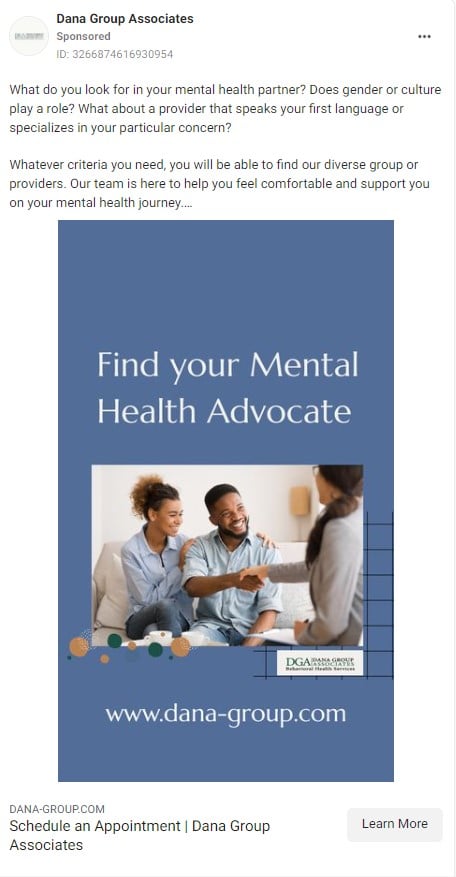
2. Experiment With Different Ad Types
In the world of paid advertising, there’s no such thing as one-size-budget-fits-all. Especially not when it comes to digital marketing online. This is where experimentation and A/B testing come in. One of the best things you can do to find out what works for your business is: experiment with different ad types. Experiments can include video ads, slideshow/ carousel ads, image ads, or boosted posts.
Experimenting with different ad types helps reach audiences that engage with all types of advertising. It also helps identify which kind of advertising works best for your mental health practice. You many want to try a video ad about your clinic and discuss how you can help someone. Or, you could try a carousel ad with information that inspires people to begin researching your business.
Videos are normally a great way to grab the attention of your target audience because people naturally gravitate to video. You’ve only got about 1-3 seconds to capture your audience’s attention, so you’ll need to make your video’s interesting! Photo ads are another great way to grab people’s attention. Because people are drawn to images, they’ll stop to read the description.
Experimenting with different ad types lets you pinpoint which marketing methods appeal to your audience. It also allows you to see which of your service offerings people are most interested in.
Are you unsure how to make or get started with ads? Learn how Beacon Media + Marketing can create ad campaigns for you!
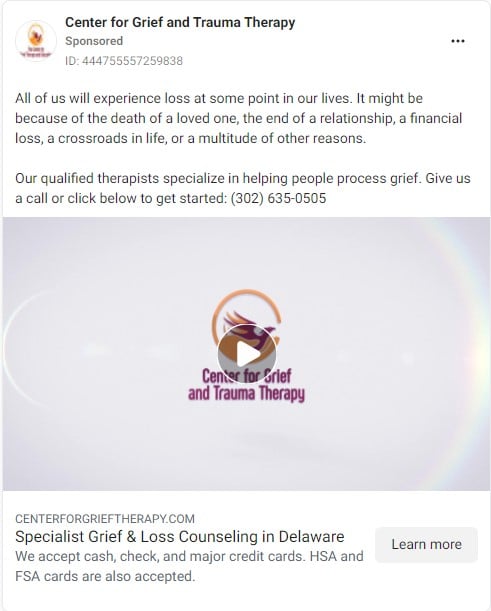
3. You Need To Create a Facebook Business Page
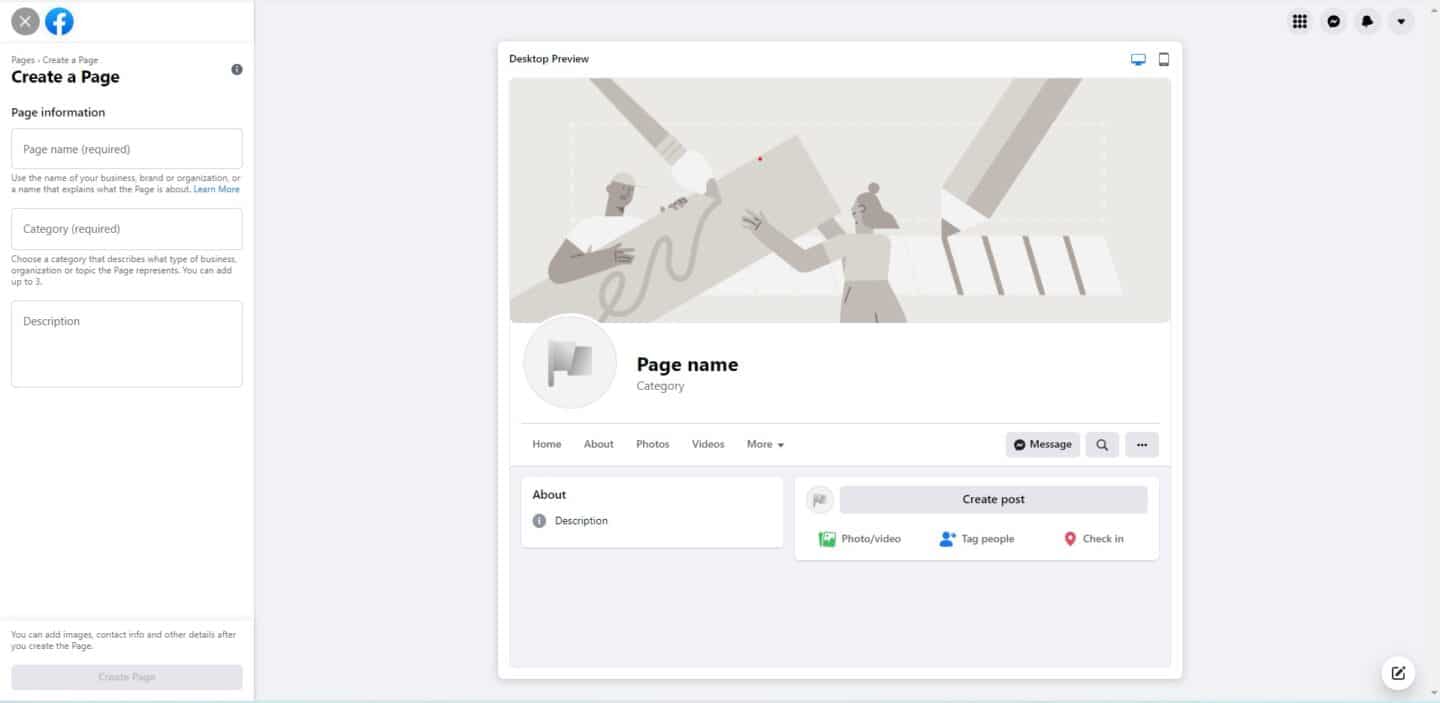
Create Your Facebook Business Page
If you don’t already have one set up for your mental health business, you’ll need to create a free Facebook Business Page. On the sidebar of your Facebook profile, look for the Pages section. Clicking on the Pages section will allow you to create a Business Page. Once you get this set up properly, people can contact your clinic directly through Facebook.
Create Your Facebook Manager Account
Creating your Facebook Manager Account will allow you to create and manage your ad campaigns. From here, you can set up your budget, ad placement, schedule, and choose the audience you’d like to target. Keep in mind, you’ll need to work with a broader target audience using filters for age groups or geotargeting (location) for the healthcare industry.
To ensure that your ads and Business Page link to your website’s landing page, it’s important to confirm everything is properly connected. This will allow people to reach your website via your advertisement or Business Page. It’s helpful to keep in mind the restrictions that Facebook has on their ads, such as creating ads that target personal attributes consisting of:
- Race or ethnicity
- Religion
- Age
- Sexual orientation or practices
- Gender identity
- Disability
- Physical or mental health (including medical conditions)
- Vulnerable financial status
- Voting status
- Membership in a trade union
- Criminal record
- Name
To run health care advertisements on Facebook, you need to be certified through LegitScript. It’s a great investment for healthcare professionals interested in converting clients through Facebook Ads. Additionally, LegitScript will also help you with mental health Google ads.
4. Your Ad Landing Page Is Key for Conversions
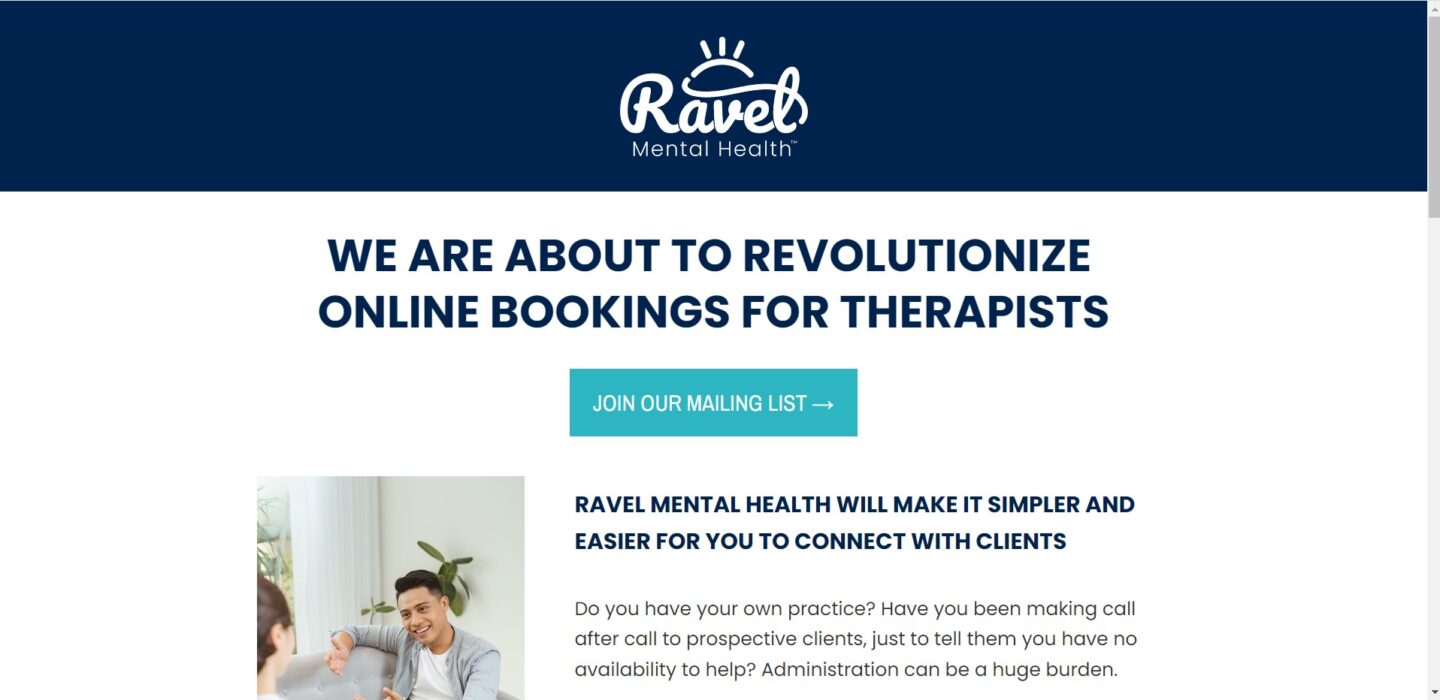
Your Facebook Ad is one element of converting users into new patients. Ensure your ad campaign is attention grabbing, the ad copy description gives context to the ad, and directs users to where you want them to go. To grow your practice, you need supplemental content that will help engage and convert your potential clients.
The ad will link to your landing page, which should be well-designed to show the professionalism and brand of your mental health practice. The page you direct people to should have relative headings, catchy and strong CTAs, and match your ad. Being consistent across all platforms is crucial. It’s important that your landing page has content that will make audiences want to receive your services.
You should make sure that your website is up-to-date and has strong organic content to complement your Facebook Ad. Since ads can be restrictive, it’s a great idea to have engaging organic content on your social media platforms. As well as provide blogs containing information your potential clients will want to know more about.
Do you need help creating an amazing mental health website? See how Beacon Media + Marketing can help your website!
5. Facebook Offers Extensive Performance Tracking
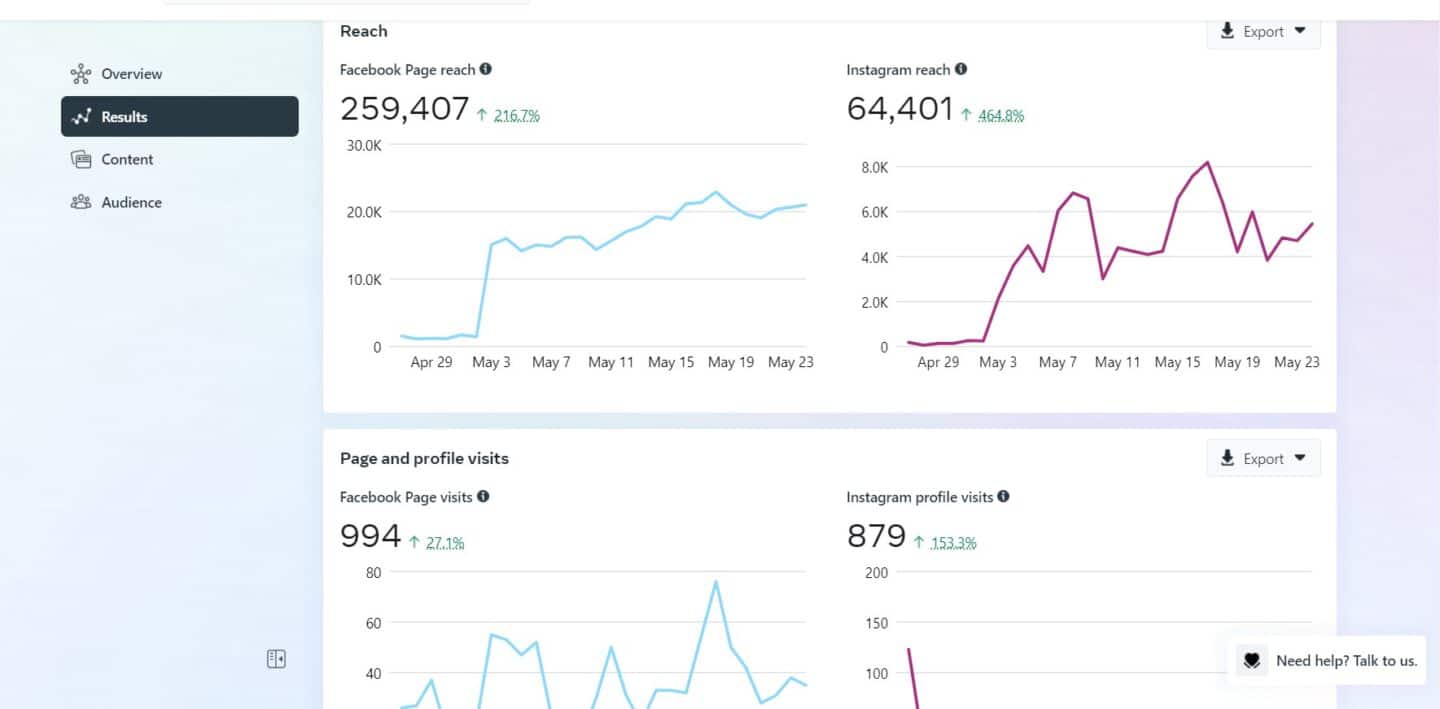
One of the best things you can do after setting your ad up is to track it. Measuring the performance of your Facebook Ad will explain how well your it’s optimized for the target audience you are trying to connect with.
Try A/B Testing
You can do A/B tests that split your audience into different campaign variations. This will help you determine which ad performs better. And once you’ve got the numbers to support that decision, you can adjust the ad type and make other tweaks to fine tune your copy or design.
Tracking your ads is a way to analyze and optimize the ads that perform best. Consider the lifespan of the ad — and tracking its performance over time. You can tell when an ad needs to be replaced or possibly redone in order to boost attention by tracking each one.
Getting report numbers on your ads allows you to see how well the ads are converting clients. It will also help you reallocate your ad spend budget in an effective manner.
How Can Beacon Media + Marketing Help Your Mental Health Practice?
Beacon Media + Marketing is a digital media agency that works to evolve your mental health practice. We understand your passion for your therapy practice and for treating people with utmost care. We know effective marketing can take a significant amount of time and effort, and we want to be there to help.
Outsourcing your marketing can be an excellent choice. You’ll get the help of expert staff specializing in marketing areas that ensure high-quality content across the board. You’ll benefit from our team’s cohesive mental health marketing strategy.
At Beacon Media + Marketing, we can help bring your mental health Facebook ads to the next level. We know what works well and we work hard to ensure we’re seeing real conversions from that work. We also offer other supplementary services to the ad content, such as website design and organic content.
Are you ready to take your mental health practice to the next level? Schedule your free consultation!


